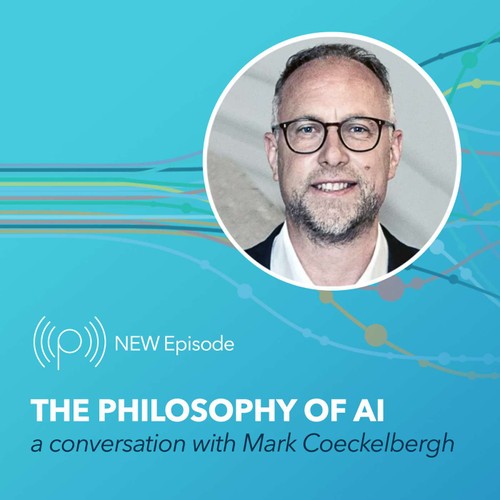
 Pondering AI
Pondering AI The Philosophy of AI with Dr. Mark Coeckelbergh
Aug 3, 2022
Dr. Mark Coeckelbergh, Professor of Philosophy of Media and Technology, member of the High-Level Expert Group on Artificial Intelligence (EC) and the Austrian Council on Robotics and AI, discusses the political implications of AI and technology, the challenges of incorporating ethics and human aspects into AI discussions, and the need for collaboration and education in the field. He also emphasizes the difficulty of global governance and sounds a cautionary note about the potential for AI to undermine democratic institutions.
Chapters
Transcript
Episode notes
1 2 3 4 5 6
Introduction
00:00 • 2min
The Political Nature of AI and Technology
01:36 • 11min
Exploring Perspectives, Compromise, and the Role of Emotions in Politics
12:35 • 2min
Exploring Emotion and Romanticism in Technology and AI
14:46 • 4min
The Incorporation of Philosophical and Softer Concepts in AI Discussions
19:00 • 4min
Collaboration, Education, and Challenges of Regulation in AI
22:44 • 16min

